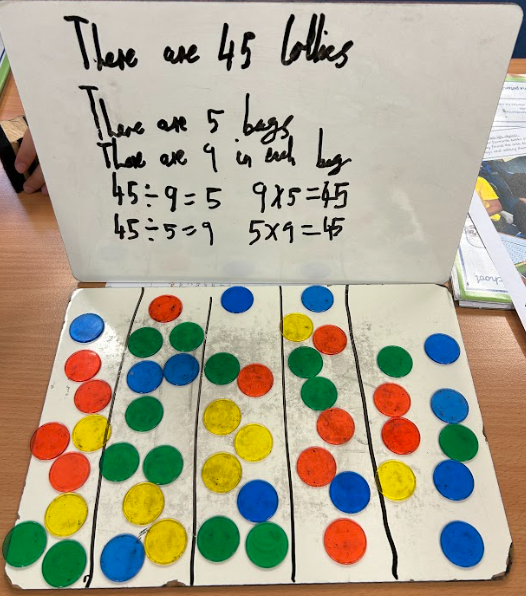
Maths
Intent
Our goal is for learners to think about maths beyond what is teste
Implementation
At St Peter's Eaton Square, our maths curriculum aims to deliver thought-provoking and engaging lessons that instil a sense of curiosity and discovery in our children. We are committed to helping children become resilient mathematicians through ambitious lessons that connect mathematical concepts to other learning topics and areas. Beyond being in line with the National Curriculum, our lesson designs make rich connections across mathematical ideas to develop fluency, oracy, mathematical reasoning and competence in solving increasingly sophisticated problems.

Impact
At St Peter's Eaton Square, children's increasing passion for mathematics is evident through their engagement and achievements within lessons, national testing, school-wide challenges, and online learning activities such as Numbots and Times Tables Rockstars. We celebrate their hard work and dedication during our celebration assemblies. Following the national curriculum, we use White Rose and supplementary maths mastery resources to support teachers in their planning and assessment. Each stream of learning is broken down into small, teachable steps, ensuring that children at all levels of learning feel successful. Throughout each topic, discussion is a key component, with children expected to explain their approach to various questions. This practice fosters a deeper understanding and provides valuable assessment opportunities. Independent learning in children's books incorporates a question followed by a related reasoning or problem-solving challenge, enabling all children to acquire, apply, and deepen their skills within a single lesson.
